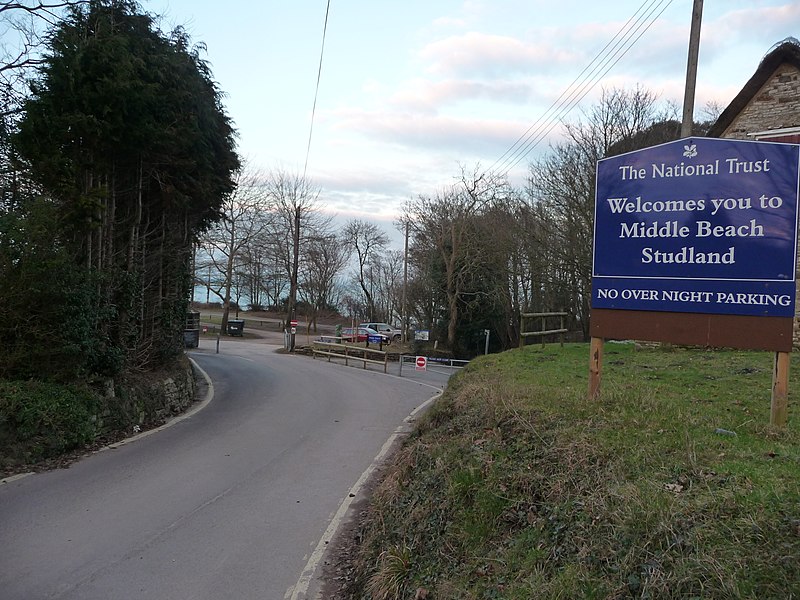
The National Trust is under fire for its controversial decision to demolish Britain's oldest beach café, turning Middle Beach at Studland, Dorset, into an unsightly building site within an Area of
Outstanding Natural Beauty. The café, which had stood for over a century and had been visited by generations of holidaymakers and even Enid Blyton, was torn down in April as part of the Trust's managed retreat policy on climate change, claiming the café was at risk of coastal erosion.
Local residents and conservation groups who had opposed the demolition are now voicing their frustration over the aftermath. The site, now surrounded by metal fencing, stands as an eyesore and a blight on the otherwise picturesque landscape. Andrew Parsons, a Studland resident and parish councillor, expressed his disappointment and criticized the Trust for transforming the beloved café into a "bomb site" and abandoning it.
Furthermore, part of the coast path has been blocked due to the fenced-off site. Peter Bowyer, chair of trustees for the Dorset Campaign to Protect Rural England, emphasized the need to restore public access to the area and improve its appearance. Residents argue that the café was not at immediate risk of falling into the sea and should have been preserved.
The National Trust, however, has defended its actions, stating that coastal erosion prompted the demolition and that it is working to restore the site's natural appearance. The Trust's spokesperson mentioned their efforts to create new viewpoints, seating areas, and catering outlets in the new location. Despite these intentions, the demolition has sparked criticism over the perceived disregard for the historical and natural significance of the café and its impact on the surrounding environment.
As the controversy unfolds, the National Trust faces questions about its approach to preserving historical landmarks and maintaining the natural beauty of protected areas, leaving the future of the Studland site in question. Photo by Lewis Clarke / Studland : Middle Beach Car Park / CC BY-SA 2.0, Wikimedia commons.


































